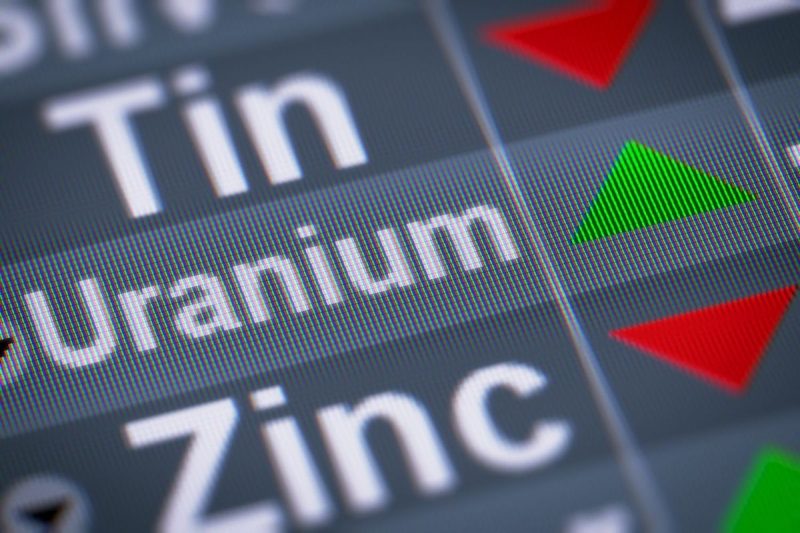The recent decision by Russia to restrict US uranium exports as a form of retaliation has sent shockwaves through the global energy market. This move comes in response to the American ban on Russian enriched uranium imports, putting further strain on the already tense relationship between the two countries.
The decision to restrict US uranium exports marks a new chapter in the ongoing trade war between Russia and the United States. The US ban on Russian enriched uranium imports was imposed due to national security concerns, citing the need to reduce reliance on foreign sources for nuclear fuel. In response, Russia’s decision to limit US uranium exports is seen as a tit-for-tat move, aiming to protect its own interests and send a strong message to the United States.
The impact of these restrictions is likely to be felt across the global uranium market. Both Russia and the United States are major players in the nuclear fuel industry, and any disruptions to the supply chain can have far-reaching consequences. The restrictions could lead to increased prices for uranium, affecting not only the two countries involved but also other importers and exporters around the world.
Furthermore, the geopolitical implications of this trade dispute cannot be ignored. The escalating tensions between Russia and the United States have broader implications for global security and stability. Both countries possess significant nuclear capabilities, and any disruptions in the nuclear fuel supply chain could have serious consequences for international relations.
In addition to the economic and geopolitical ramifications, the restrictions on US uranium exports highlight the vulnerability of the global energy market. As countries continue to rely on nuclear power as a source of energy, ensuring a stable and secure supply of nuclear fuel becomes increasingly important. The trade dispute between Russia and the United States serves as a stark reminder of the challenges and risks associated with the global energy trade.
In conclusion, the decision by Russia to restrict US uranium exports as a form of retaliation against the American ban on Russian enriched uranium imports reflects the complex dynamics of international trade and geopolitics. The impact of these restrictions extends beyond the two countries involved, affecting the global uranium market and raising concerns about energy security and stability. Moving forward, it is essential for policymakers to engage in constructive dialogue and find diplomatic solutions to prevent further escalation of tensions and ensure a reliable supply of nuclear fuel for the future.

